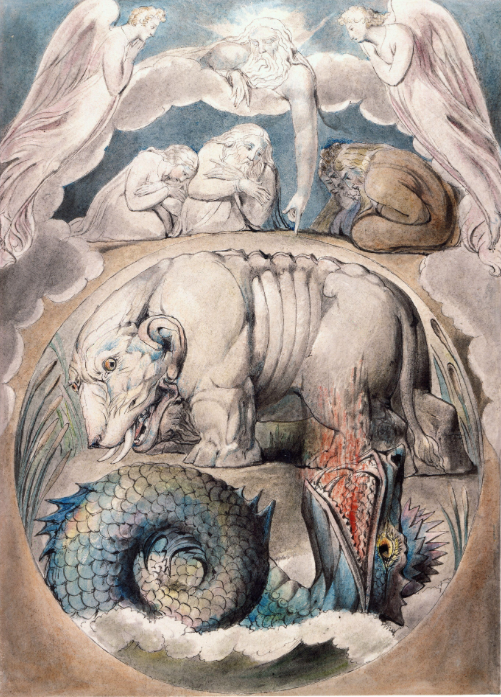
He beholdeth all high things: he is a king over all
the children of pride.—Job 41:33-34
That the goal of the state is to improve its citizens – is obviously nonsense. The state is of the evil rather than of the good, a necessary evil, in a certain sense a useful, expedient evil, but not a good. The state is actually human egotism in great dimensions. Just as we speak of a calculation of infinitesimals, so also the state is a calculation of egotisms, but always in such a way that it egotistically appears to be the most prudent thing to enter into and to be in this higher egotism. But this, after all, is anything but the moral abandoning of egotism.
To be improved by living in the state is just as doubtful as being improved in a prison. Perhaps one becomes much shrewder about his egotism, his enlightened egotism, that is, his egotism in relation to other egotisms, but less egotistic he does not become, and what is worse, one is spoiled by regarding this official, civic, authorized egotism as virtue – this, in fact, is how demoralizing civic life is, because it reassures one in being a shrewd egotist. film izle 2023
The state is continually subject to the same sophistry that engrossed the Greek Sophists – namely, that injustice on a vast scale is justice. Yes, politics is nothing but egotism dressed up as justice.
For so many, the state is counted on to develop people morally, to be the proper medium for virtue, the place where one really can become virtuous! But to believe this is like believing that the best place for a watchmaker or an engraver to work is aboard a ship in a heavy sea. Christianity does not believe that the Christian is to remain in the body politic for the purpose of moral improvement – no, in fact it tells him in advance that it will mean suffering.
As soon as the thought of human assistance arises, of not refusing the help of the world, all is essentially lost. The faith in martyrdom as having value in and by itself is thereby abandoned, and Christianity runs downhill until, just as the Rhine ends in mud, it ends in the mud of politics.
On their part the clergy think it very prudent to accept the protection of the state. They understand, all right, that it is considerably more pleasant to be a hired servant of the state than to serve Christianity according to New Testament. But this prudence is not only short-sighted, it is blasphemy.
What Christianity needs is not the suffocating protection of the state; no, it needs fresh air, it needs persecution, and it needs God’s protection. The state only works disaster, it wards off persecution and thus is not the medium through which God’s protection can be conducted. Above all, save Christianity from the state. By its protection it smothers it to death.
The state thinks it prudent to accommodate Christ’s teaching in order to tranquilize people and thus be better able to control them. The state never accommodates Christianity in its truth (as salt in character); it rather has it up to a point, which we “Christians” are also happy to have.
Christianity came into the world through its desire to suffer to the death for the faith; precisely for this reason it was victorious over the world. Its urge to martyrdom was partially marked by its “suffering” intolerance. Now it has lost the desire and the need to suffer, lost martyrdom’s acceptance of intolerance, and is well satisfied with being a religion just like any other religion.
Christianity detests the intolerance that wants to put others to death because of their faith. But to be personally willing to be put to death for one’s faith – well, let us not overlook this – it, too, is intolerance, it is suffering’s acceptance of intolerance. Modern religion is indifferentism and thus does not so much express that Christianity has abandoned the world as that Christianity has abandoned itself, or, more correctly, that Christendom has abandoned Christianity.
From Provocations: Spiritual Writings of Søren Kierkegaard.
Artwork: William Blake, ‘Behemoth and Leviathan’ (1805)